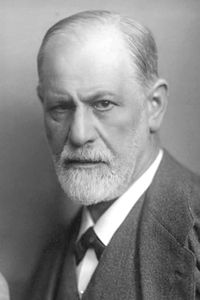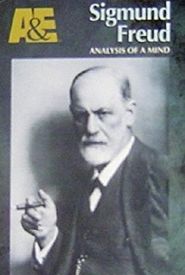Sigmund Freud, originally christened Sigismund Schlomo Freud, was a renowned Austrian neurologist whose groundbreaking contributions to the field of psychology led to the development of psychoanalysis, a revolutionary clinical method that emphasizes the therapeutic potential of dialogue between a patient and a trained psychoanalyst in the treatment of a wide range of psychopathological conditions.
His life's work was marked by a profound interest in the human psyche, and he spent many years studying the unconscious mind, childhood experiences, and the role of sexuality in shaping human behavior.
As the founder of psychoanalysis, Freud's theories and techniques have had a profound impact on modern psychology, influencing generations of psychologists, psychoanalysts, and psychiatrists.
Throughout his illustrious career, Freud's innovative ideas and methods have been the subject of much debate and controversy, yet his legacy continues to shape our understanding of the human mind and the complex dynamics of human relationships.
Born in Freiberg, Moravia, then part of the Austro-Hungarian Empire, Freud's early life was marked by a strong interest in science and literature, which would later serve as the foundation for his pioneering work in the field of psychoanalysis.




























